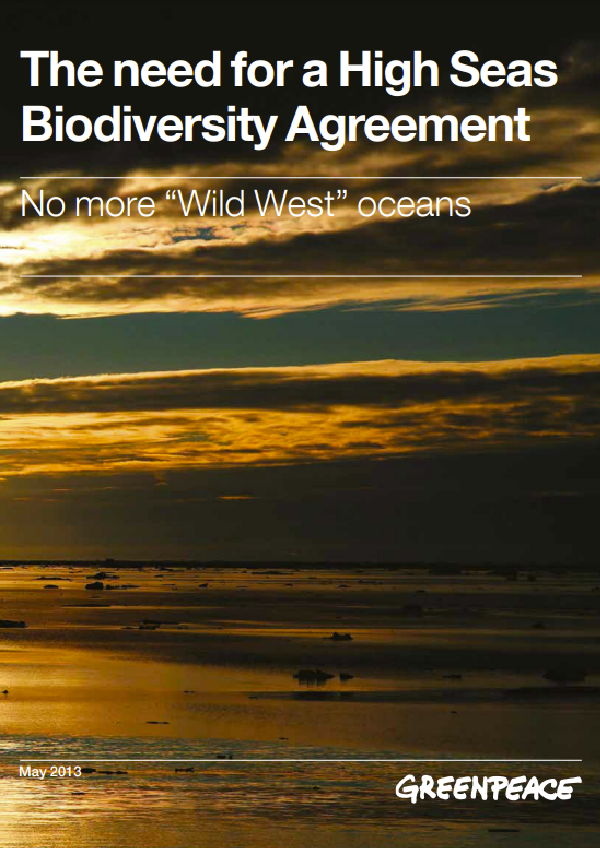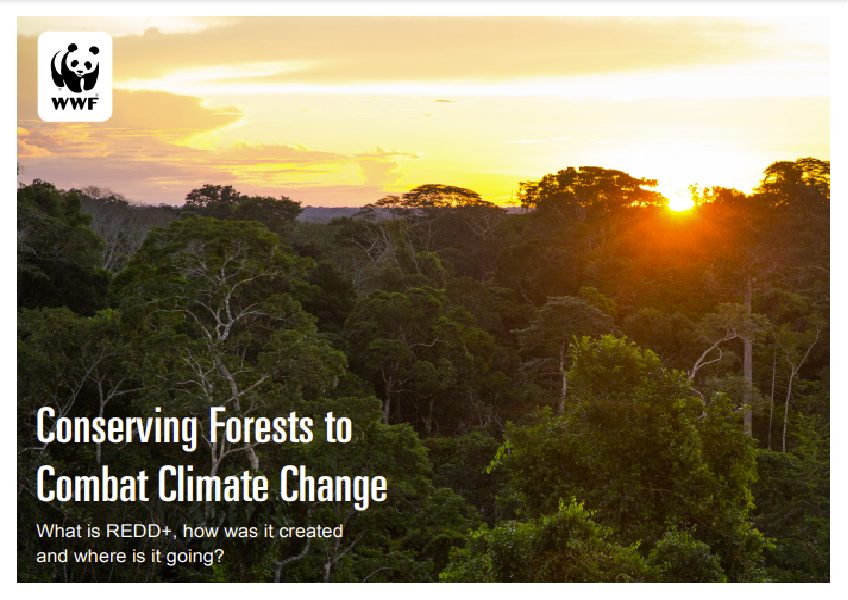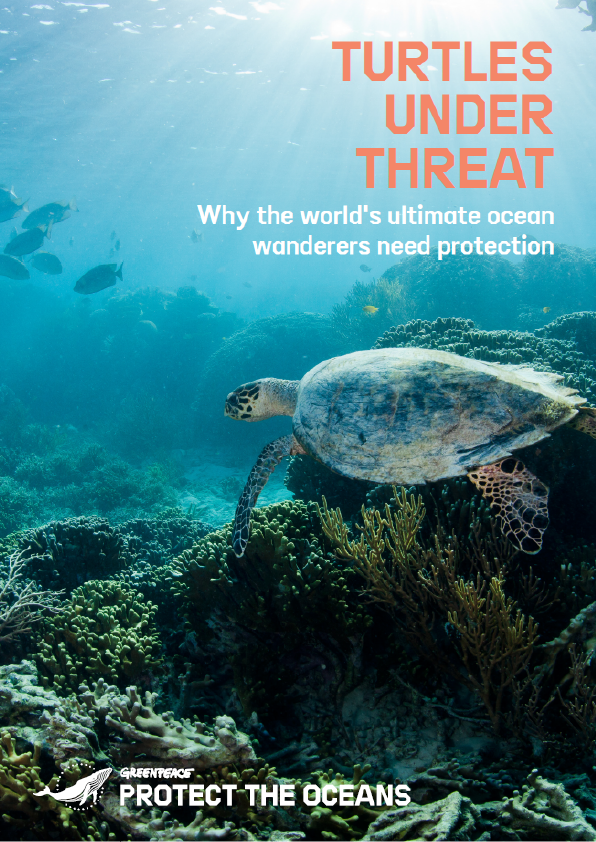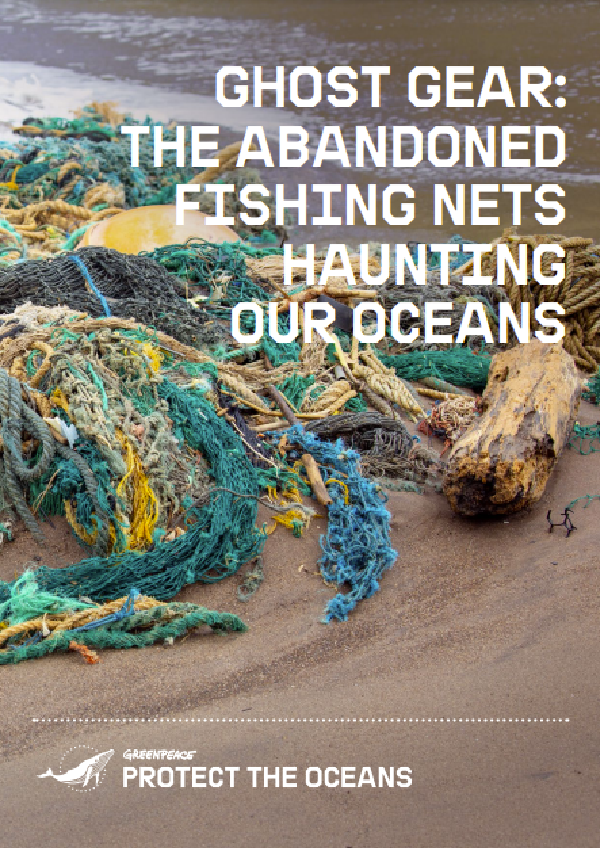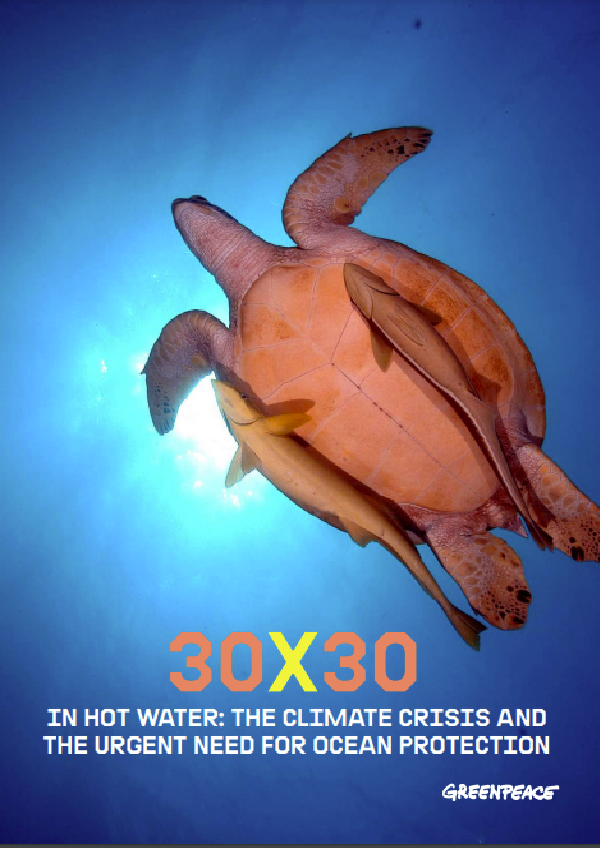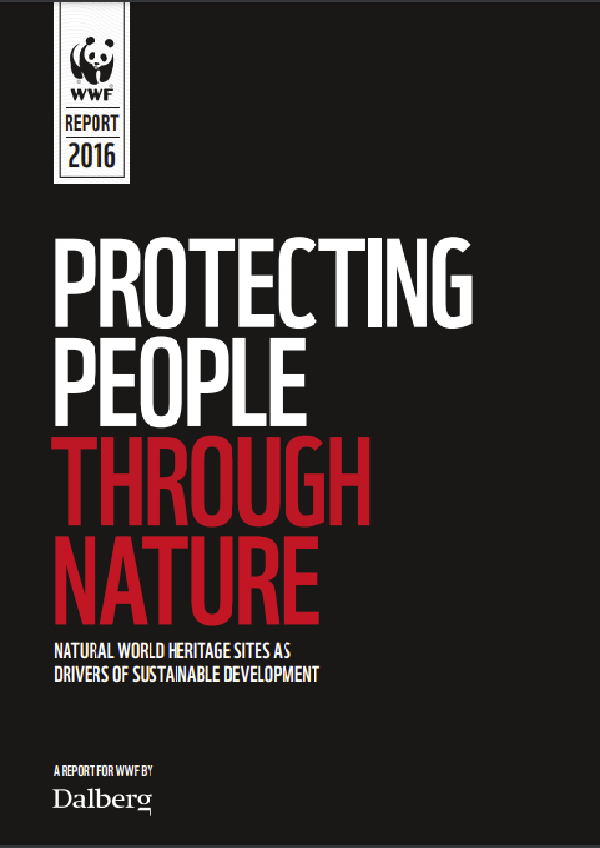The current way of managing the high seas puts short-term corporate interests before the long-term health of our oceans. Unless action is taken to restore and protect the health of our oceans, they will be unable to sustain life on Earth.
Unfortunately, much more emphasis has been put on the “right” to plunder the oceans than on the responsibility to protect them, creating a “Wild West” approach to oceans management. If you want to fish, drill or mine the high seas, there are organisations and processes that enable you to do so. But if you want to protect the high seas – by creating a marine reserve to protect a fragile coral reef, for example – there is simply no clear way to do so. It is very difficult or even impossible at the moment to create marine reserves, let alone monitor and control them, in most high seas areas.
To bring about the end of the oceans “Wild West”, governments and industries must recognise the need to use the oceans responsibly, and that by managing their activities effectively they can ensure healthy and productive oceans for generations to come. A new agreement that protects life in the oceans and ensures sustainable use is urgently needed. This is why Greenpeace is demanding a high seas biodiversity agreement under UNCLOS. Only a global agreement can provide a coherent and integrated approach in all areas beyond national jurisdiction.
Until the last century most of the world’s oceans were too far, too deep, too rough, too cold or too dangerous to fish. Most of the oceans were de facto marine reserves, off-limits to fishing. However, technology has developed in leaps and bounds. Fishing vessels are now able to fish all over the world, including in the Arctic and Antarctic regions, and to depths of several kilometres. Vessels fish for months on end, using powerful sonar and satellite equipment to locate their catch. And now, companies are deploying new technologies to mine and drill in deep waters. There are no longer any safe havens for the life contained in our oceans.
More than 64% of the oceans lie beyond the jurisdiction of any one country, and are commonly known as the high seas. These areas belong to everyone, no matter if your country is on the other side of the planet, or even landlocked. The constitution for the oceans, the UN Convention on the Law of the Sea (UNCLOS), sets out the rights and obligations that countries have when operating in the high seas, including the responsibility to protect ocean life from harm. Unfortunately, much more emphasis has been put on the “right” to plunder the oceans than on the responsibility to protect them, creating a “Wild West” approach to oceans management. If you want to fish, drill or mine the high seas, there are organisations and processes that enable you to do so. But if you want to protect the high seas – by creating a marine reserve to protect a fragile coral reef, for example – there is simply no clear way to do so. It is very difficult or even impossible at the moment to create marine reserves, let alone monitor and control them, in most high seas areas.
The way we manage our oceans looks like a patchwork quilt – one with many holes. There are a wide array of different organisations and agreements responsible for managing parts of the high seas, specific activities, or particular fish species. However, there is little or no coordination or cooperation between these different bodies. Of the various regional fisheries management organisations (RFMOs) that are responsible for the management of particular fish populations, many have been spectacular failures, taking species such as the bluefin tuna to the brink of collapse due to gross mismanagement. By comparison, there are very few regional and international organisations with the power to conserve marine ecosystems. There is also no centralised monitoring control and enforcement to ensure that conservation measures are respected in high seas waters or any process to undertake environmental impact assessments before any activity that potentially impacts our oceans takes place.
The current way of managing the high seas puts shortterm corporate interests before the long-term health of our oceans. Unless action is taken to restore and protect the health of our oceans, they will be unable to sustain life on Earth. Although properly implementing existing ocean protection rules would greatly improve the situation, this alone will never be enough. With no institutions in place to ensure countries and industries respect and protect ocean life, our oceans – and the billions of people dependent on them for food and jobs – remain in peril. The numbers are daunting – as of 2012, less than 1% of the high seas are under some form of protection, despite global leaders agreeing to establish networks of marine protected areas by this date. The “Wild West” approach to oceans management needs to end if our planet and its people are to survive.
Source: Greenpeace (http://www.greenpeace.org)
